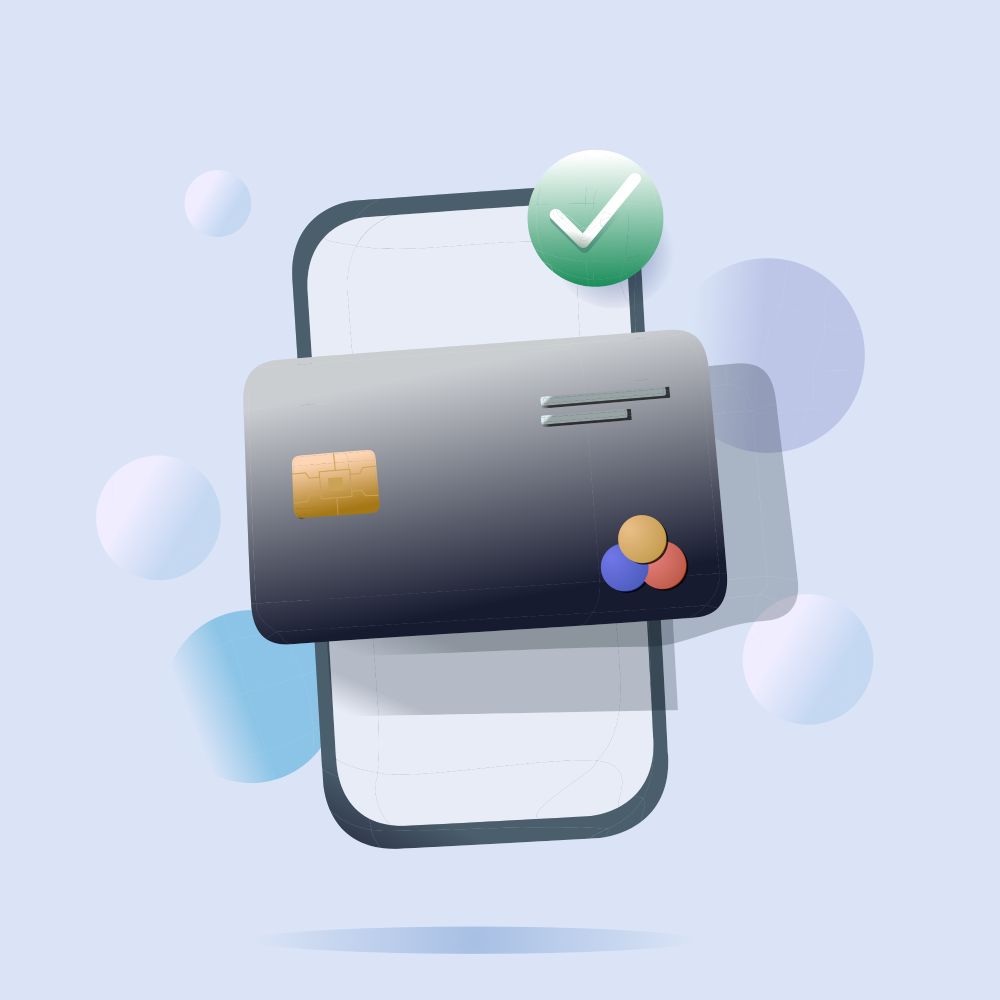Cash App Chargeback
Cash App is an online payment platform that makes sending money and paying for items quick and easy. Many people rely on Cash App because they feel it’s more secure than using credit cards online. In fact, Cash App has many safety features and uses AI technology to warn customers about potential scams, the way Google warns against spam.
However, Cash App is only secure if it’s used properly and if money is sent to legitimate recipients. It’s important to know how to stay safe on Cash App and avoid crypto scams and other frauds on the platform.
Also, it’s essential to understand the difference between chargebacks and Cash App fund recovery and what steps to take if you’ve lost money to fraud.
“I Got Scammed on Cash App. What Do I Do?”
At Broker Complaint Registry, we get this question often. Although Cash App has a reputation for safety, a person can get ripped off on Cash App just as they can on Paypal, Venmo and Zelle.
Cash App tells its customers to contact customer service if they feel they’ve lost money to fraud. However, understand that this isn’t enough. The definition of fraud on these payment platforms is much more narrow than it is in everyday use.
For instance, to meet the requirements of a fraud complaint according to Cash App, the fraud has to be through an unauthorized transaction.
That means that if you’ve knowingly sent money to someone who you later suspect is a fraud, this doesn’t meet CashApp’s definition of fraud. Instead, you need to file a dispute. Good luck filing a dispute with another party that wants to hide their identity and can simply disappear with your funds.
That’s why fund recovery assistance is essential. Even though payment platforms can be hugely helpful in cases of unauthorized transaction fraud or if you have a dispute with a real merchant, they don’t have the resources to go after crypto scams or forex scams. Instead, you need Broker Complaint Registry experts and law enforcement on your side.

How to Get Money Back on Cash App If Scammed?
Although Cash App isn’t the only address if you’re dealing with a suspected scam you’ve knowingly sent money, it’s important to file a complaint. Make sure you are clear about Cash App’s definition of fraud as opposed to a dispute.
However, don’t stop there. Contact Broker Complaint Registry right away and we will consult with you about your case. We will consult with you and ask for documentation that will help bolster your case. If you’ve used Cash App with a card, we may need to use the same strategy as we do with a debit or credit card chargeback. In the case of a crypto scam, we’ll launch a crypto investigation and create a crypto report that will help with crypto recovery.
Can You Do a Chargeback on Cash App?
A chargeback is often used in the context of credit or debit cards. If you’ve noticed unauthorized charges on a credit card, you call your credit card company. If you can prove the charges were made without your knowledge, often the issuing bank will refund your money rather promptly.
If you can prove the transaction was unauthorized on Cash App, for instance, if your account has been hacked, usually, it isn’t difficult to get a Cash App chargeback. However, if you’ve willingly sent money to a forex scam or a bitcoin scam, the dispute process can be complex, and getting a refund will need some work. That’s why Broker Complaint Registry services are helpful.
Can You Do a Chargeback on Cash App?
For fund recovery to work. Crypto recovery experts first need to use scam detection technology and methods to locate and uncover the identities of people behind the scams. It’s not really possible to start sleuthing with crypto scams without specialized crypto trace technology.
Broker Complaint Registry used advanced technology that is usually available only to law enforcement. We can trace patterns on the blockchain that can identify certain crypto scammers. Also, tracking down the transactions efficiently leads to places the money was cashed out.
It’s there we can either discover their identities or put the evidence in a crypto report that can lead judges to subpoena crypto exchanges for customer identities. This may take several steps, but crypto trace technology, bitcoin forensics, and crypto reports can make a compelling case that will get law enforcement on your side in your crypto claim.

Avoid These Common Cash App Scams
Of course, it’s preferable to avoid Cash App scams in the first place to deal with them after the fact. The following are the most common types of Cash App scams
First of all, Cash App customers should know that customer service won’t contact you out of the blue. They don’t offer live customer support. If customers have problems or questions, they will get in contact with CashApp.
Unfortunately, scammers have found ways to copy the Cash App website and have encouraged people to contact the decoy. By phone or chat, they ask customers for sensitive information, such as bank details and Cash App account passwords. Know that no customer service representative will ask you a question like this–not just on Cash App, but any legitimate company.
Bitcoin scams happen on any payment platform. If you get an offer to buy bitcoin or other types of cryptocurrencies with CashApp. Avoid it. Crypto trading scams are huge and it’s important not to trade assets except with a regulated broker.
Cash App sometimes has sweepstakes and giveaways. Be careful with these. Be skeptical if you are told you won something without entering a contest. Verify all information. Also, you know you’re dealing with a scam if they ask you to give them some money as a fee or a tax to claim your money.
Someone may have sent you money by “mistake” and simply ask you to return it. How can this be a scam? Actually, scammers use stolen credit cards to make these fake “mistaken” transactions and then they ask for money back from unsuspecting people. Report any of these requests to Cash App.
They say love is blind. That isn’t a good motto to live by. This is particularly true if your romantic interest starts asking you for money. Always be suspicious if someone you are virtually dating brings money into the equation. There is no reason for this. Most people can get loans if they need them and they don’t need to hit up their romantic interests for cash.
If You Need a Cash App Chargeback, Speak to Broker Complaint Registry
If you suspect you are dealing with a Cash App scam, request a withdrawal or refund. If you are not given your money back, contact the Broker Complaint Registry right away. We will consult with you, work to track down your funds and create investigative reports, and will assist with fund recovery efforts.

